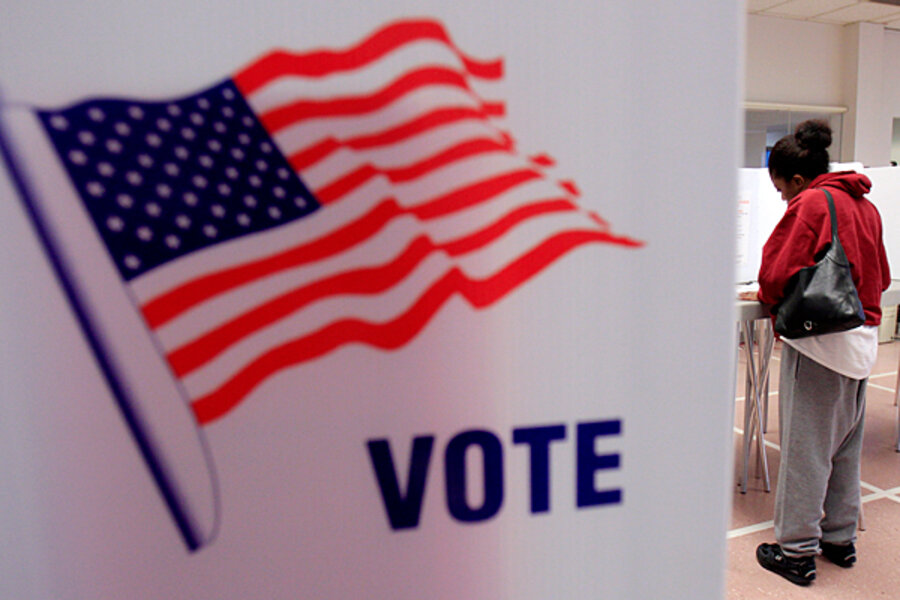Data and polling is all fine and good, but what are voters in swing states really thinking? NPR has spent the past few months trying to answer that very question.
Their profile series, "First and Main," highlights specific “swing counties” in the states up for grabs, and even specific communities and individuals from those counties.
From Winnebago County, Wis., NPR focuses on a pro-Romney small business owner trying to keep the family restaurant afloat, as well as war-weary union organizers who failed in their attempt to recall Republican Gov. Scott Walker.
So far, NPR has highlighted just two swing counties in Wisconsin and Florida, but they provide a good mix of human interest and hard facts. Along with the stories about average Americans, the site has extensive data on the demographic of the swing counties, the racial breakdown, the average income, the voting history, as well as unemployment and foreclosure numbers.








